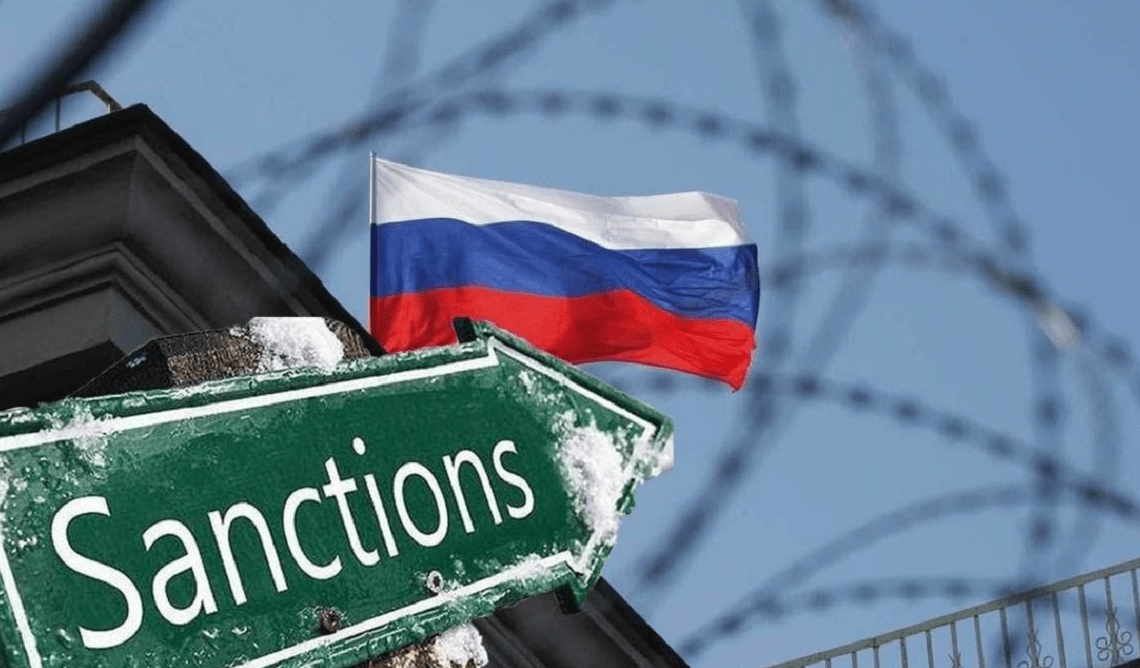Speaking to the website of the Strategic Council on Foreign Relations, Hassan Beheshtipour noted that the Ukraine issue is the most important challenge for Russia and the European Union, adding that Crimea is a strategic peninsula in the northern Black Sea, therefore, Russia’s action met a reaction from the EU and the US as the Europeans claim that Russia is interfering in the affairs of Ukraine.
Referring to the internal developments in Ukraine which led to the separation of the two provinces controlled by the ethnic Russians, he said: The Russians claim that the West, especially the European Union and the United States, are seeking to intervene in Ukraine in order to take full control of the country and in the long run, make Ukraine a member of NATO so that NATO can expand towards the East, that is to say, Russia’s western borders, and practically be stationed there.
Stressing that NATO’s neighborhood is not acceptable to Russia, the international affairs expert continued: This issue has its own complexities and has overshadowed the relations as much that the two sides have imposed reciprocal sanctions under various pretexts. However, these issues have not prevented cooperation, and even despite US opposition during the Trump presidency, those collaborations continued.
Referring to the sanctions imposed by Russia and the European countries on each other in recent months, he commented on the prospect for their relations and said: Continuation of collaborations shows that Russia, despite its differences with the European Union, still hopes to be able to cooperate with them and eliminate the problems that have arisen in its relationships.
Beheshtipour added: France and Germany, with regard to their satisfactory trade volume and good markets in Russia, are trying to solve this problem but Eastern European countries, especially Poland and Hungary, are exerting pressures for Ukraine not to be forgotten; therefore, in the EU there is a fundamental difference between the new Europe and the old Europe as regards their relations with Russia.
Referring to Russia’s retaliatory action in imposing sanctions on 25 British citizens in response to the sanctions of that country, he said: Britain is practically no longer a member of the European Union, and of course Russia at the moment has the worst relations with Britain among the European countries. Due to the differences between the two countries over the assassination of Sergei Skripal, as well as the poisoning of Alexei Navalny and allegations about some cyber attacks, EU member states have agreed to impose sanctions on Russia. Russia, as usual, called those allegations a case against itself and threatened to retaliate.
Beheshtipour said: In addition to the issue of Crimea, the issue of espionage and counter-espionage activities has caused Europe to distance itself from Russia although it kept distance from the United States during Trump presidency and as Russia tried to approach Europe it failed and still such relations are faced with serious challenges.
The expert on international affairs, while pointing to the continuation of sanctions imposed by Western countries against Russia and some other countries, regarding the need to address the idea of a ‘Club of Sanctioned’, said: Politically sanctioned countries can coexist with each other and even help each other and hold joint meetings. These actions are not politically bad, but will be more symbolic. Because, relations between these countries are at low level and unfortunately these countries have more expanded relations with the countries that have imposed sanctions on them.
He further elaborated that Russia’s relations with Europe are greater than its relations with Iran, Venezuela or Cuba and North Korea, which are under sanctions; therefore, we must analyze correctly and realistically. Those countries cannot fully meet each other’s needs, they can reduce the needs, for example, the Cuban market in Latin America is strongly under the influence of the American continental market than, for example, Russia or Iran.
‘Club of Sanctioned’, a Political Rather than an Economic Club
Beheshtipour considered the idea of forming a ‘Club of Sanctioned’ as being operational and at the same time added: It should be kept in mind that those countries follow many of their needs in normal exchanges with the countries close to them; therefore, the idea has little economic impact in the face of US or European sanctions, unless China is persuaded to join the group, as it has not yet given the green light and has not actually entered the game.
He continued: For example; the Non-Aligned Movement is economically weightless, but politically influential. Hundred and twenty countries that are members of the Non-Aligned Movement hold annual meetings. We must fully understand the realities of today’s world. The ‘Club of Sanctioned’ will be a political club rather than an economically influential one. While the most important need of those countries is to form an alliance to confront economic sanctions that are imposed by the United States and Europe on the world countries by force.










0 Comments